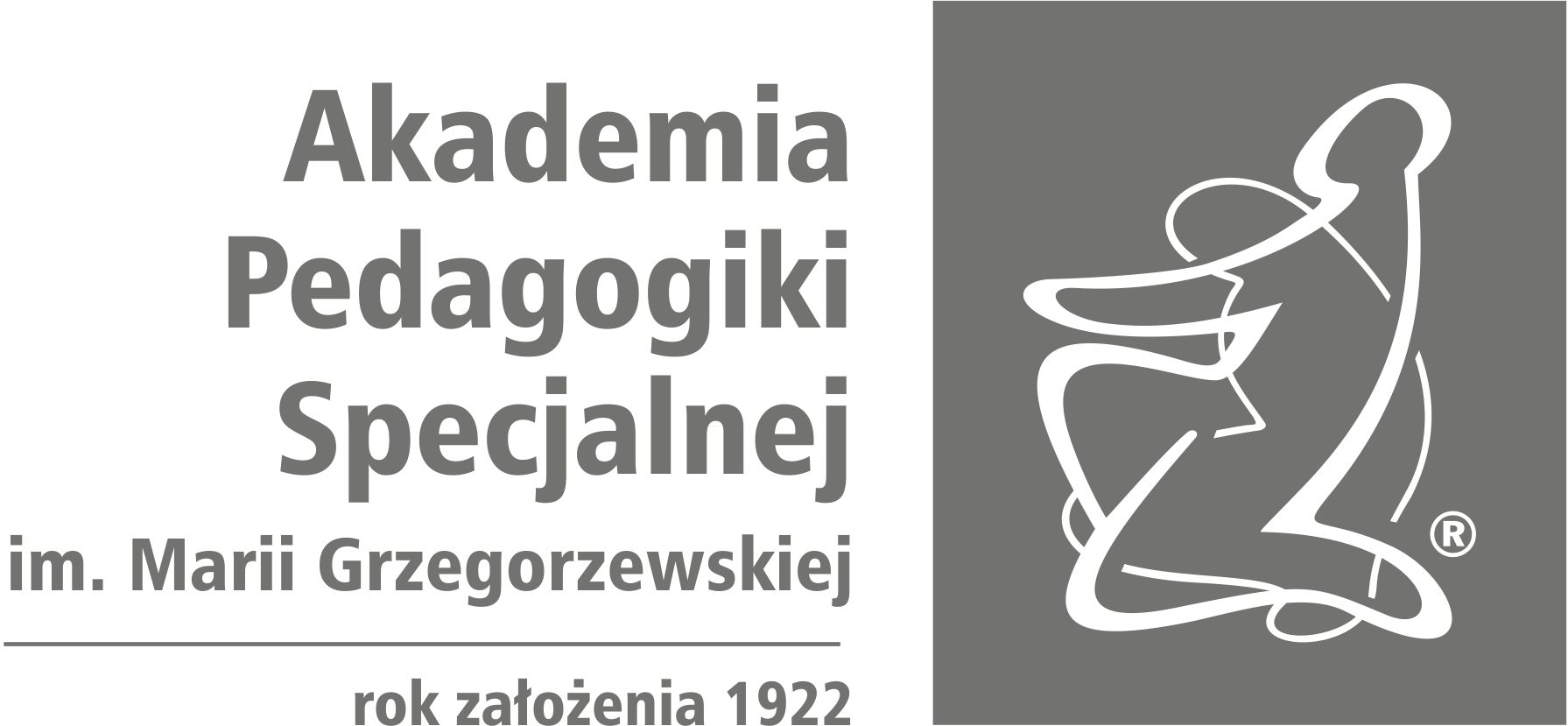Human Rights, Minority Rights, Children's Rights
Informacje ogólne
| Kod przedmiotu: | 10-FF-HRM1 |
| Kod Erasmus / ISCED: | (brak danych) / (brak danych) |
| Nazwa przedmiotu: | Human Rights, Minority Rights, Children's Rights |
| Jednostka: | Instytut Pedagogiki |
| Grupy: | |
| Punkty ECTS i inne: |
(brak)
|
| Język prowadzenia: | angielski |
| Rodzaj przedmiotu: | fakultatywne |
| Skrócony opis: |
The students will gain an In-depth knowledge of the concept, the historic and cultural conditioning of human rights, children rights and minority rights. They will understand international and local documents and practical solutions. They will enhance their vocabulary in English related to the subject of this course. Morevoer, they will practice independent and team work on projects and critical analysis of academic writing. |
| Pełny opis: |
Human Rights Children Rights Minority Rights International Law and the socio-cultural and historic context Symbolic violence Death penalty Post-colonial studies Evolution of Childhood Ethnicity, gender, religion |
| Literatura: |
Obligatory: Universal Declaration of Human Rights 1948 The United Nations Convention on the Rights of the Child (CRC 1989) Michael Freeman (2015) Human Rights. Cambridge: Polity. Michael Freeman & Philip Veerman (eds.) (1992) The ideologies of Children's Rights. Kluwer Academic Publishers. Janusz Korczak (1993) A Child's Right to Respect. Anna Odrowąż-Coates & Sribas Goswami (eds.) (2017). Symbolic violence in socio-educational contexts A post-colonial critique Symbolic violence in socio-educational contexts A post-colonial critique Warszawa: WYDAWNICTWO AKADEMII PEDAGOGIKI SPECJALNEJ. Odrowąż-Coates A. (2015) A gated community as a 'soft' and gendered total institution, International Sociology, 30(3), pp. 233-249, Sage. doi: 10.1177/0268580915578759 Odrowąż-Coates, A. Peaceful expansion of English language in Europe. A tool of integration or quiet colonization? Multicultural Studies III (1) 2017, pp. 115-126. ............................................................................................... Additional readings: 1. Ali A. H., The Caged Virgin, A Muslim Woman’s Cry for Reason, London 2006. 2. Ekern S. The modernizing bias of human rights: stories of mass killings and genocide in Central America. [w:] Journal Of Genocide Research [J Genocide Res] 2010; Vol. 12 (3-4), pp. 219-41. 3. Goutor D. A Different Perspective on the “Labor Rights as Human Rights” Debate: Organized Labor and Human Rights Activism in Canada, 1939-1952. [w:] Labor Studies Journal; Sep2011, Vol. 36 Issue 3, p408-427, 20p 4. Hobbs J.D., Pattalung P.N., Chandler R. C. Advertising Phuket's nightlife on the Internet: a case study of double binds and hegemonic masculinity in sex tourism. [w:] Sojourn (Singapore) 2011; Vol. 26 (1), pp. 80-104. 5. http://www.unicef.org/crc/index_30184.html 6. http://www.oecd.org/dataoecd/30/26/45583188.pdf 7. Jan G. K., Wahab A., Constitutional Evaluation of United Nations, Universal Declaration of Human Rights. [w:] Gomal University Journal of Research. Jan2012, Vol. 28 Issue 1, pp. 88-96. 8. Jureidini R. Trafficking and contract migrant workers in the Middle East. [w:] International Migration (Geneva, Switzerland) [Int Migr] 2010; Vol. 48 (4), pp. 142-63. 9. Lee-Koo K. Horror and hope: (re)presenting militarised children in global North-South relations.[w:] Third World Quarterly [Third World Q] 2011; Vol. 32 (4), pp. 725-42. 10. Lindon J., Safeguarding Children and Young People: Child Protection 0-18 Years (Hodder Arnold Publication), 2009. 11. Marx A., Goward S., Remote Sensing in Human Rights and International Humanitarian law monitoring : Concepts and Methods [w:] Geographical Review. Jan2013, Vol. 103 Issue 1, pp. 100-111. 12. Okudento S. Civil Society and National Human Rights Institutions. [w:] International Journal of Not-for- Profit Law. Dec2011, Vol. 13 Issue 4, pp. 5-52. 13. Torres-Ruiz A., HIV/AIDS and sexual minorities in Mexico: a globalized struggle for the protection of human rights, [w:] Latin American Research Review [Lat Am Res Rev] 2011; Vol. 46 (1), pp. 30-53. |
| Efekty uczenia się: |
Po ukończeniu przedmiotu student: WIEDZA PE2_W01 zna terminologię używaną w pedagogice oraz jej zastosowanie w dyscyplinach pokrewnych na poziomie rozszerzonym PE2_W08 ma rozszerzoną wiedzę o różnych rodzajach struktur społecznych i instytucjach życia społecznego oraz zachodzących między nim i relacjach istotnych z punktu widzenia procesów edukacyjnych PE2_W20 ma uszczegółowioną wiedzę dotyczącą kontekstu psychologicznego, społecznego, kulturowego i organizacyjnego działalności pedagogicznej na danym etapie edukacji i w zakresie określonym specjalnością studiów UMIEJĘTNOŚCI PE2_U01 posiada pogłębione umiejętności obserwowania, wyszukiwania i przetwarzania informacji na temat zjawisk społecznych rozmaitej natury, przy użyciu różnych źródeł oraz interpretowania ich z punktu widzenia problemów edukacyjnych PE2_U02 potrafi wykorzystywać i integrować wiedzę teoretyczną z zakresu pedagogiki oraz powiązanych z nią dyscyplin w celu analizy złożonych problemów edukacyjnych, wychowawczych, opiekuńczych, kulturalnych, pomocowych i terapeutycznych, a także diagnozowania i projektowania działań praktycznych PE2_U14 ma umiejętności językowe w zakresie studiowanego kierunku studiów, zgodne z wymaganiami określonymi dla poziomu B2+ Europejskiego Systemu Opisu Kształcenia Językowego KOMPETENCJE SPOŁECZNE PE2_K06 odznacza się odpowiedzialnością za własne przygotowanie do pracy, podejmowane decyzje i prowadzone działania oraz ich skutki, czuje się odpowiedzialny wobec ludzi, dla których dobra stara się działać, wyraża taką postawę w środowisku specjalistów i pośrednio modeluje to podejście wśród innych PE2_K08 ma świadomość odpowiedzialności za zachowanie dziedzictwa kulturowego regionu, kraju, Europy, rozumiejąc i szanując różnorodność tworzących go tradycji |
| Metody i kryteria oceniania: |
Weekly tasks, workshop outcomes, asignments |
| Praktyki zawodowe: |
Erasmus |
Właścicielem praw autorskich jest Akademia Pedagogiki Specjalnej im. Marii Grzegorzewskiej w Warszawie.

